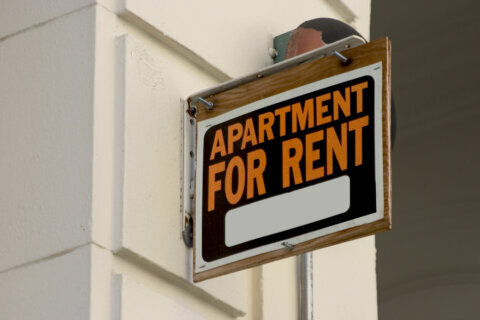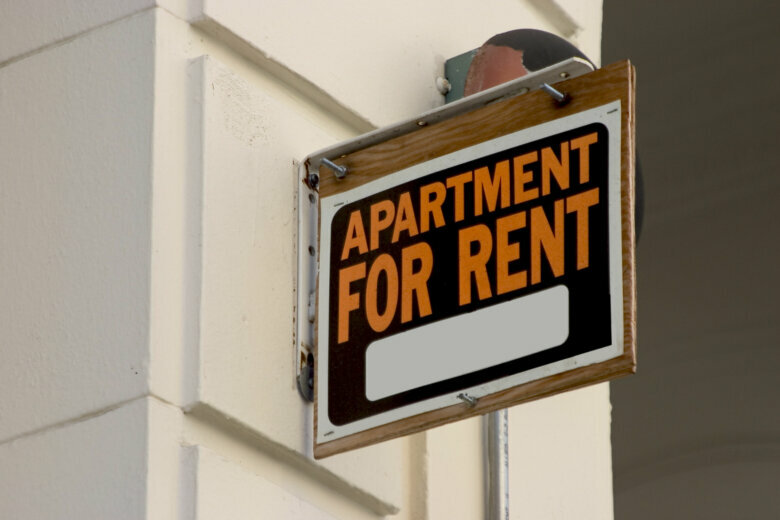
D.C. lawmakers say some 39,000 evictions are in line to be filed in District Superior Court as soon as the state of emergency’s moratorium lifts.
Expecting a wave of potential homelessness, D.C. Council members unanimously passed a bill that extends renter protections.
Council member Charles Allen, D-Ward 6, joined his colleagues in unanimously passing the Fairness in Renting Emergency Act. It prohibits evictions in which less than $600 is owed, and requires landlords to document eviction summons with photographic evidence.
“If the landlord does not provide this photographic evidence, the Superior Court must dismiss the eviction proceeding,” Allen said.
- Latest coronavirus test results in DC, Maryland and Virginia
- Tips to avoid contaminating or catching ailments from co-workers
- Sign up for news alerts from WTOP
- Expert: Concerns of White House positives valid as DC sees bump in COVID-19 cases
- DC-area lawmakers: White House coronavirus spread ‘out of control’
- Trump halts COVID-19 relief talks until after election
- Fairfax City offers grants for restaurants to winterize
- Fauci outlook: US not where it needs to be on coronavirus response
Looking for more information? D.C., Maryland and Virginia are each releasing more data every day. Visit their official sites here: Virginia | Maryland | District of Columbia
The bill also creates a level of transparency for renters applying for apartments, in that they can see what information the landlord is inquiring about them in the screening process and have a chance to correct the record if it is false.
Though some 30,000 evictions are filed with D.C. Superior Court each year, Council Chair Phil Mendelson said only about 1,500 of those last year actually resulted in a judge ordering a tenant to leave his home.
Whether the eviction is adjudicated, the eviction filing remains in the system, which can hurt renters in the future, said co-sponsor Council member Mary Cheh, D-Ward 3.
“These records are used by landlords to either deny an apartment to someone, or to increase the rent, or to increase the security deposit. It has a very materially negative and devastating effect on people who want to rent,” Cheh said.
Today, @charlesallen and I will move an amendment to the “Fairness in Renting Emergency Act” to require landlords to provide photographic evidence (including date & time stamp) to the Superior Court when a notice is posted on a tenant’s property. https://t.co/PvLyxJPyFd
— Mary M. Cheh (@marycheh) October 6, 2020
A recent report cited during the legislative session found D.C. Superior Court has more than 30,000 eviction filings each year.
Starting Jan. 1, court staff will seal evictions cases more than three years old, which Mendelson said disproportionately affects certain communities.
“Research has come to show that evictions have a lasting effect, particularly on tenants of lower income,” Mendelson said.









